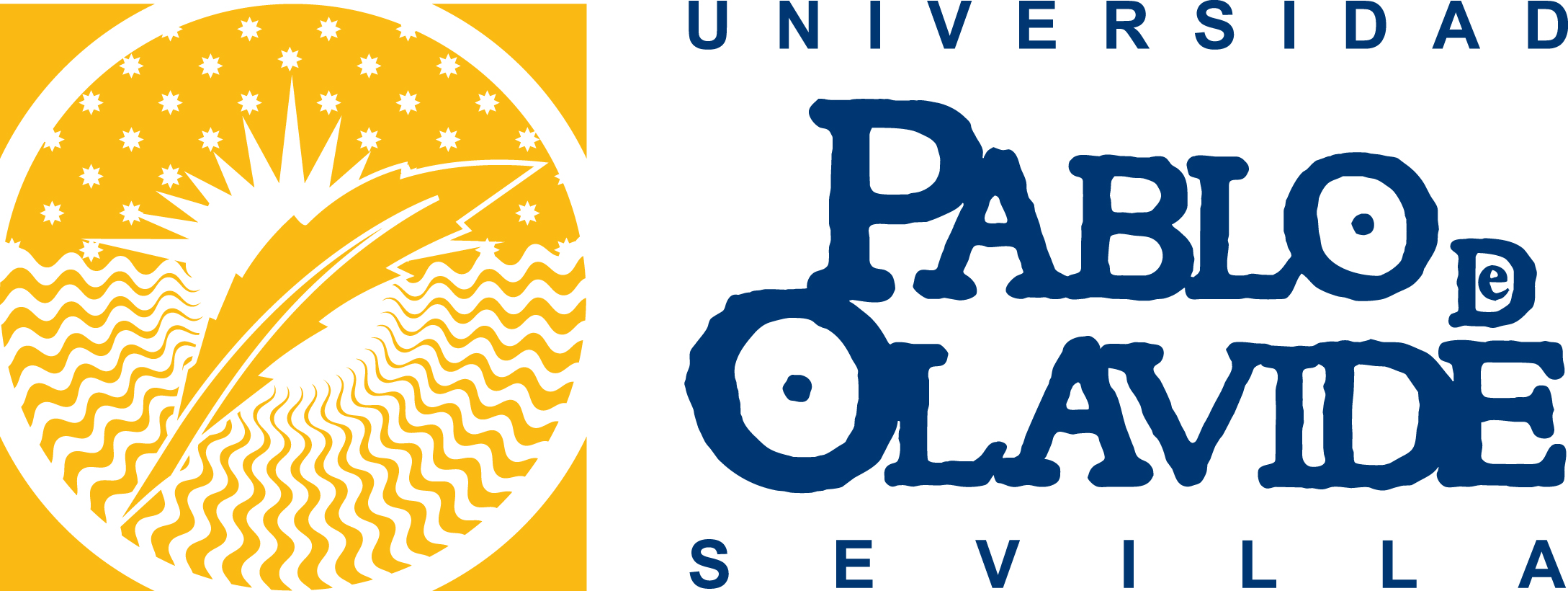Many bacteria establish parasitic, mutualistic, or commensal relationships with plants that have a significant impact on their health and productivity. The bacteria focused on in this proposal belong to the group Pseudomonas syringae, consisting of plant pathogenic bacteria that infect many species, including some of high economic value. Specifically, P. syringae pv. tomato is capable of infecting tomato plants and crucifers, such as the model organism Arabidopsis thaliana.
The life cycles of many bacteria are characterized by alternating between a planktonic stage of free life and a sessile stage during which they develop biofilms, highly structured communities associated with surfaces. In pathogenic bacteria, this ability to alternate between two lifestyles is a relevant asset for interaction with the host, as mobility allows bacteria to reach specific tissues, while adhesion and biofilm formation are necessary for successful colonization. However, knowledge about biofilm development in P. syringae is very limited. Only recently have we developed an experimental system for the in vitro evaluation and quantification of P. syringae biofilms, which has allowed us to observe that mutations in certain genes involved in lipopolysaccharide (LPS) synthesis affect biofilm development. In this work, we aim to delve into the role of LPS as a structural element of the biofilm in P. syringae pv. tomato and study the relevance of this phenomenon in the infection process.


